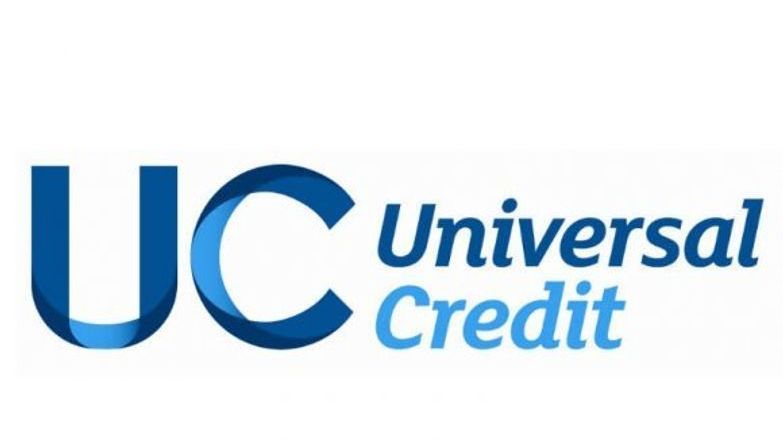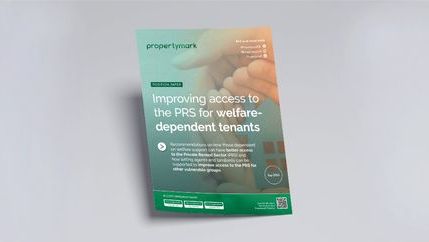
The changes will enable the recent £20 cut in Universal Credit (UC) to be considered in these payments, remove the two-year time limit for DHPs, make permanent the 13-week protection payment for people new to benefits, and increase the rate at which new awards are calculated.
Private tenants receiving housing benefits, or the housing component of UC can apply for DHPs if their benefits do not fully meet their rent payments. The scheme is administered by the Northern Ireland Housing Executive (NIHE) and there is a limited budget, once the fund is exhausted it closes until the next financial year.
Universal Credit reduction
Anyone who has seen their UC payments reduced by £20 per week can now have their DHPs reviewed and possibly increased as a result. Anyone currently receiving a DHP of less than £10 per week will have their case automatically reviewed in line with the more generous criteria now being applied.
Qualifying conditions
To apply for DHPs, tenants must be receiving housing benefits or the housing costs element of UC. The most that can be received is the difference between the rent and the rent the Housing Executive uses to work out the benefit award.
Tenants who are claiming Housing Benefit or UC for the first time in at least 12 months and have seen a reduction in their income since entering their rental agreement, through redundancy, for example, will have their DHPs guaranteed for 13 weeks.
Applications for DHPs are not guaranteed to be approved and are considered on a case-by-case basis. Changes in income or other circumstances must be reported and could affect an award, and payments are normally reviewed every six months.




